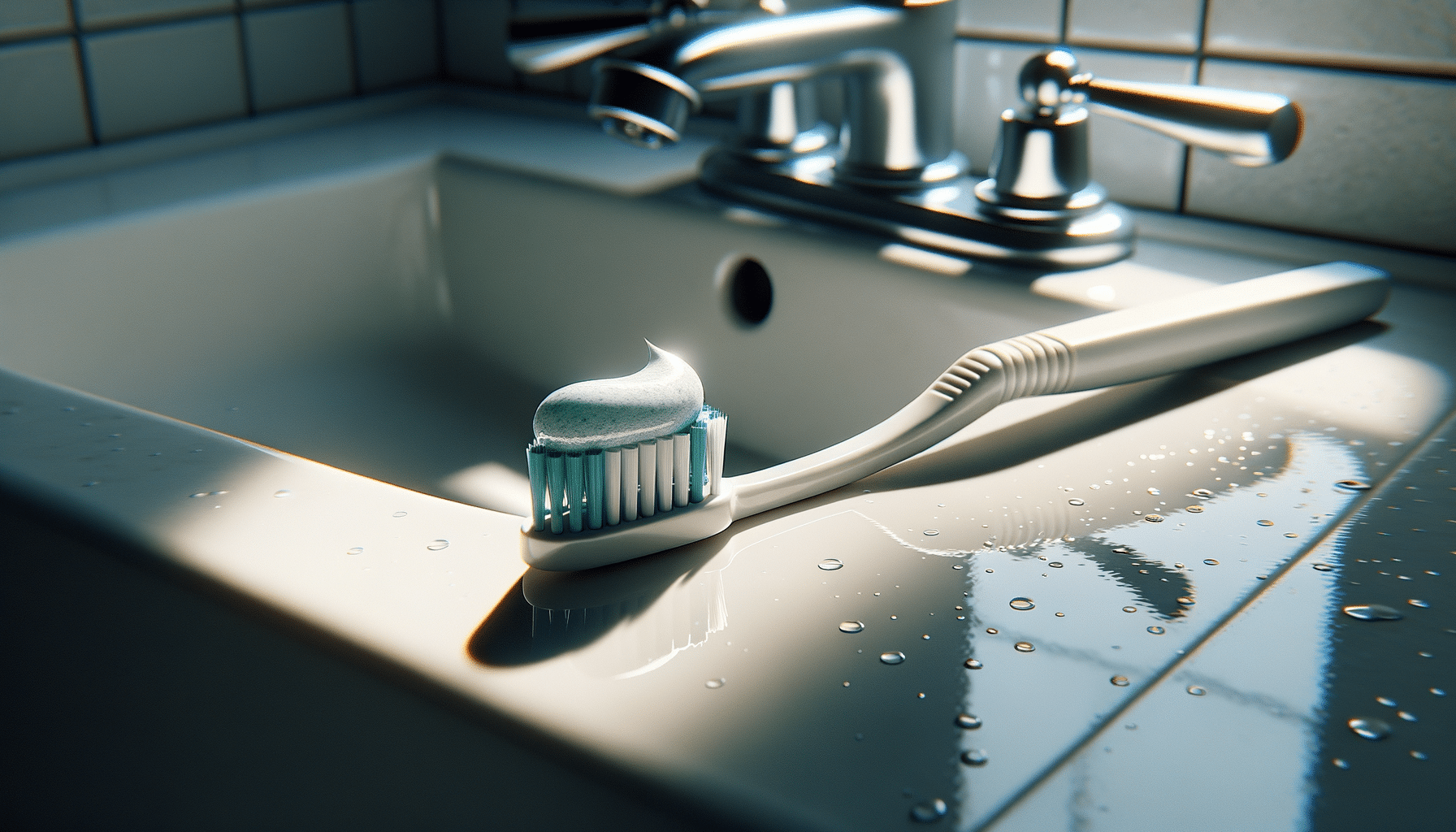
Do you want your breath to stay fresh? Try these 3 things
The Importance of Dental Care
Dental care is a crucial aspect of overall health that often goes overlooked until problems arise. Regular visits to the dentist and proper oral hygiene practices can prevent a multitude of issues, ranging from cavities and gum disease to more severe health complications. Dental care begins with understanding the significance of maintaining oral health, which not only includes brushing and flossing but also routine dental check-ups. These check-ups are vital because they allow for early detection of potential problems, enabling timely intervention that can save time, money, and discomfort in the long run.
Oral health is linked to various systemic conditions, such as heart disease, diabetes, and respiratory illnesses. Research has shown that bacteria from the mouth can enter the bloodstream, causing inflammation and potentially contributing to the development of these conditions. Therefore, maintaining good dental hygiene is not just about keeping your teeth white and your breath fresh; it’s about safeguarding your overall health.
Beyond health implications, a healthy smile boosts self-esteem and confidence, impacting social interactions and personal relationships. People who are confident in their smiles tend to smile more, leading to positive perceptions from others. This psychological aspect of dental care underscores its importance in everyday life. With these factors in mind, it becomes clear that investing in dental care is investing in one’s health and well-being.
Common Dental Issues and Their Prevention
Dental issues like cavities, gum disease, and bad breath are common concerns that affect people of all ages. Cavities, or dental caries, occur when plaque—a sticky film of bacteria—builds up on teeth and produces acids that erode the enamel. Regular brushing and flossing, along with reducing sugar intake, are effective ways to prevent cavities. Using fluoride toothpaste can also strengthen enamel and help fight decay.
Gum disease, on the other hand, starts as gingivitis, which is characterized by red, swollen gums that may bleed during brushing. If left untreated, it can progress to periodontitis, a more severe form that can lead to tooth loss. To prevent gum disease, maintaining proper oral hygiene is essential. This includes regular dental cleanings to remove plaque and tartar that regular brushing cannot reach.
Bad breath, or halitosis, can result from poor oral hygiene, certain foods, or underlying health issues. To keep your breath fresh, it is vital to brush your teeth twice a day, floss daily, and clean your tongue, as bacteria can accumulate there. Staying hydrated and using mouthwash can also help reduce bad breath. By understanding these common dental issues and their prevention, individuals can take proactive steps to maintain their oral health.
Innovations in Dental Care
The field of dental care has seen numerous innovations aimed at improving patient experience and outcomes. One such innovation is the use of digital X-rays, which offer several advantages over traditional film X-rays. Digital X-rays expose patients to less radiation, provide clearer images for more accurate diagnoses, and allow for easy storage and sharing of patient records.
Another advancement is the use of laser dentistry, which offers a minimally invasive option for various dental procedures, including cavity treatment, gum surgery, and teeth whitening. Lasers can reduce discomfort and healing time, making dental visits less daunting for patients. Additionally, 3D printing technology is revolutionizing the creation of dental appliances such as crowns, bridges, and dentures, allowing for quicker production and a more precise fit.
Tele-dentistry is another emerging trend, particularly useful in remote areas or during times when in-person visits are challenging, such as during a pandemic. It allows patients to consult with dentists online, receiving guidance and care without leaving their homes. These innovations demonstrate how technology is transforming dental care, making it more accessible, efficient, and patient-friendly.
Choosing the Right Dentist
Selecting the right dentist is a critical decision that can significantly impact one’s dental health journey. A good dentist should not only be skilled and knowledgeable but also approachable and communicative. Patients should feel comfortable discussing their concerns and confident in the dentist’s ability to address them. When choosing a dentist, consider their qualifications, experience, and the range of services they offer.
Location and convenience are also important factors. A dentist’s office that is easily accessible can encourage regular visits and prompt attention to dental issues. Additionally, consider the office environment and whether it is clean, modern, and equipped with the latest technology. Patient reviews and recommendations can provide valuable insights into the quality of care provided.
Another aspect to consider is whether the dentist offers emergency services. Dental emergencies can occur at any time, and having a dentist who can respond promptly can prevent complications. Overall, choosing the right dentist involves evaluating multiple factors to ensure a positive and effective dental care experience.
Maintaining Fresh Breath
Fresh breath is an essential component of oral hygiene that influences social interactions and self-confidence. To maintain fresh breath, it is crucial to adopt a comprehensive oral care routine. Start by brushing your teeth at least twice a day with fluoride toothpaste, which helps remove food particles and plaque that contribute to bad breath. Flossing daily is also important, as it removes debris between teeth that a toothbrush cannot reach.
Cleaning the tongue is another effective way to combat bad breath. The tongue can harbor bacteria and food particles, so using a tongue scraper or brushing it gently can help keep your breath fresh. Staying hydrated is also key, as dry mouth can exacerbate bad breath. Drinking water throughout the day helps wash away food particles and keeps the mouth moist.
Diet plays a role in breath freshness as well. Limiting foods known to cause bad breath, such as garlic and onions, and incorporating more fruits and vegetables can help. Chewing sugarless gum can also stimulate saliva production, which naturally cleanses the mouth. By following these practices, you can maintain fresh breath and confidence in your daily interactions.


